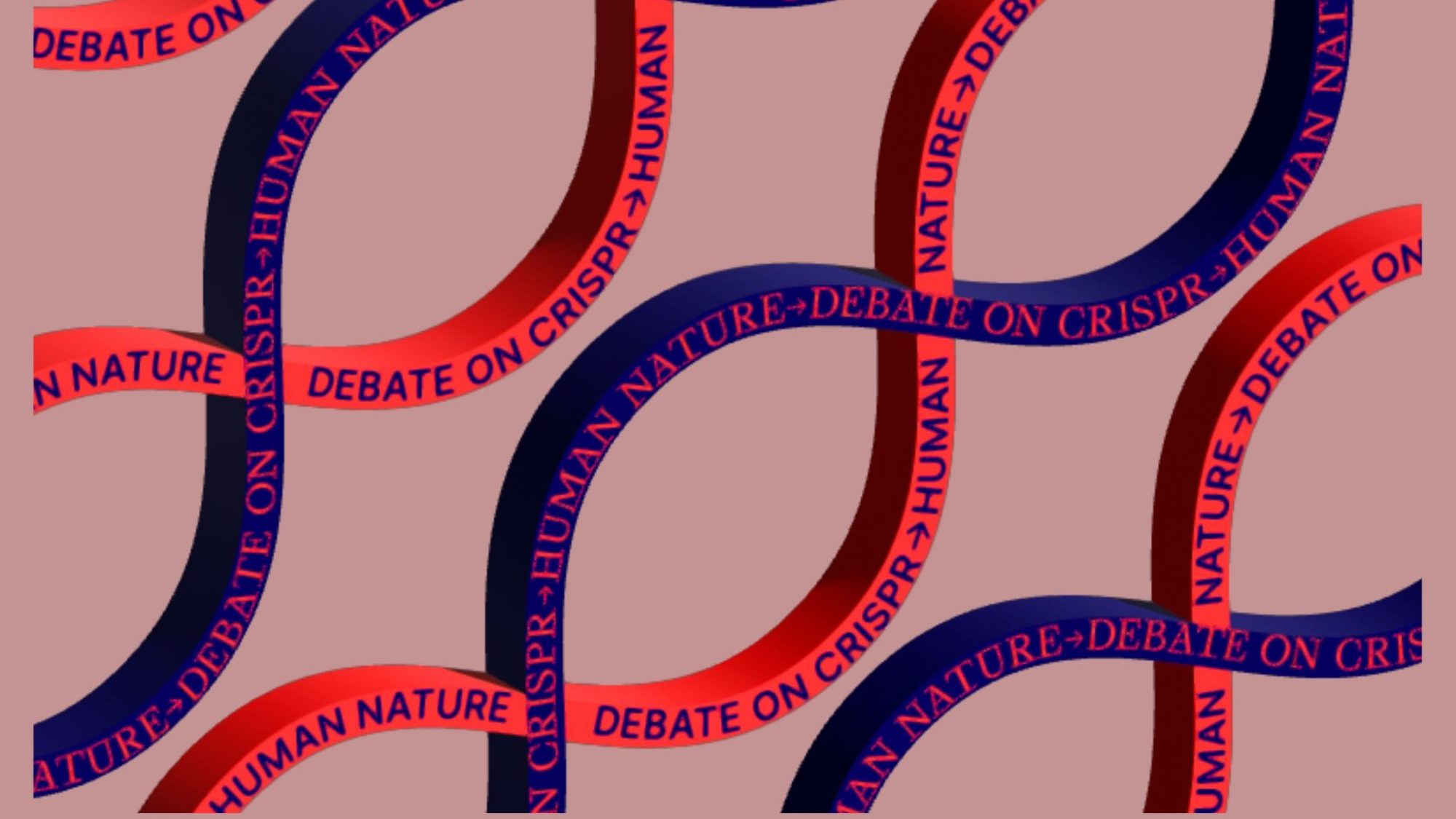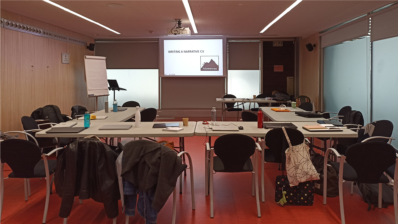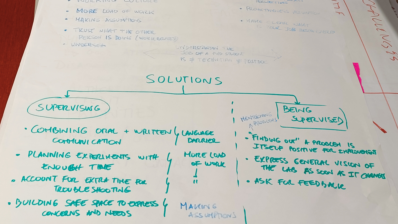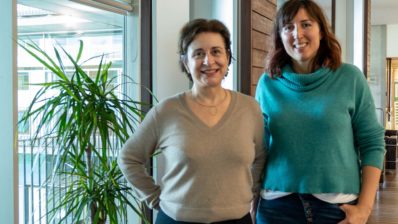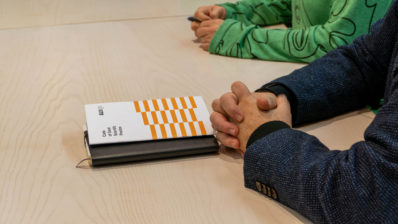On December 2, a debate on the ethics of human genome germline editing enabled by CRISPR-based technologies was held at the Barcelona Biomedical Research Park (PRBB), organized by its Good Scientific Practice Working Group. The debate was moderated by Juan Valcárcel, a PI at the Centre for Genomic Regulation (CRG). He has shared this summary of the event.
An audience of 25 participants from the different PRBB centres watched a shortened version of the documentary “Human nature” (Adam Bolt, 2019) and engaged in a lively discussion. Despite contrasting opinions on particular topics, the audience tended to agree on several major issues.
First, that the experiments carried out in 2018 by Dr. He Giankui and his Shenzhen team, to remove the gene CCR5 from human embryos with the goal of generating resistance to HIV infection, represent a multifaceted failure, spanning from the rather poor scientific basis for the genetic modification intended, to lack of transparency about the trial and fate of this researcher by Chinese authorities.
Second, that to avoid disease-causing genetic variants, pre-implantation screening of human embryos is for most therapeutic purposes a safer technical alternative than genome editing.
Third, that editing human embryos for enhancement purposes can (and should) be subject to social debate, despite intrinsic difficulties to define the desirable traits, to establish regulatory frameworks and to address the likelihood that such approaches will increase social inequalities and produce Brave New World-type of societies.
Finally, that holding productive debates around genome editing of human embryos will require public open access to high quality, objective information as well as transparent, consensual decision-making procedures. Negationism of the Covid-19 pandemia, or of the value of vaccines, illustrates the difficulty to define universally accepted criteria for what is objective information in public debates.
Public debates around genome editing of human embryos will be necessary. Some challenges will be to define universally accepted criteria for what is objective information, and who should participate and take decisions on these topics.
Also, who should be the decision-making bodies? Certainly not scientists/medical doctors alone, probably not politicians alone – even in democratic representative systems.
The lively discussion amongst PRBB researchers finished with as many open questions as agreements. The need for further debate – also beyond the scientific community – is clear.
To know more:
The Biological Sciences Section of the Institute of Catalan Studies has published a relevant reference document on the impact of genome editing technologies, coordinated by Marc Expòsit-Goy, Ramon Bartrons and Jaume Bertranpetit.
Also, check out the “Ethics of genome editing” report made by the European Group on Ethics in Science and New Technologies (March 2021).

